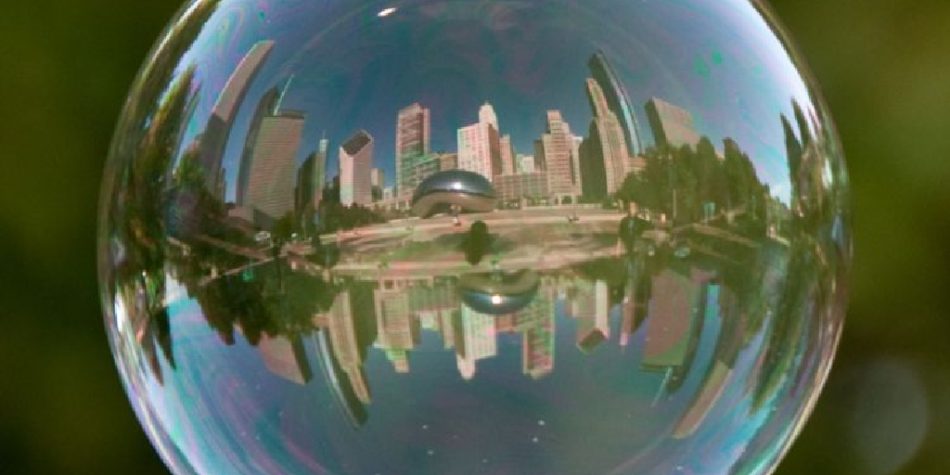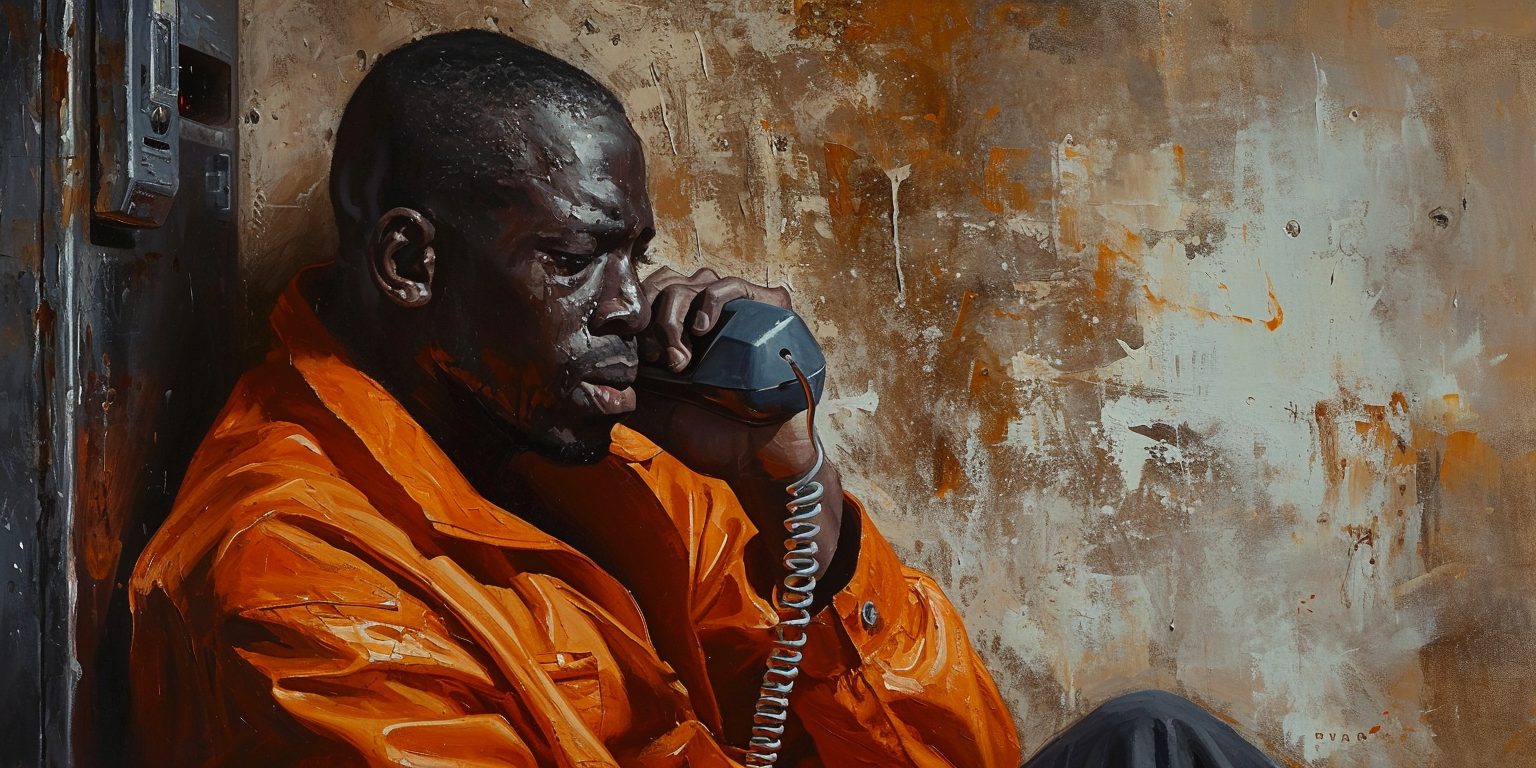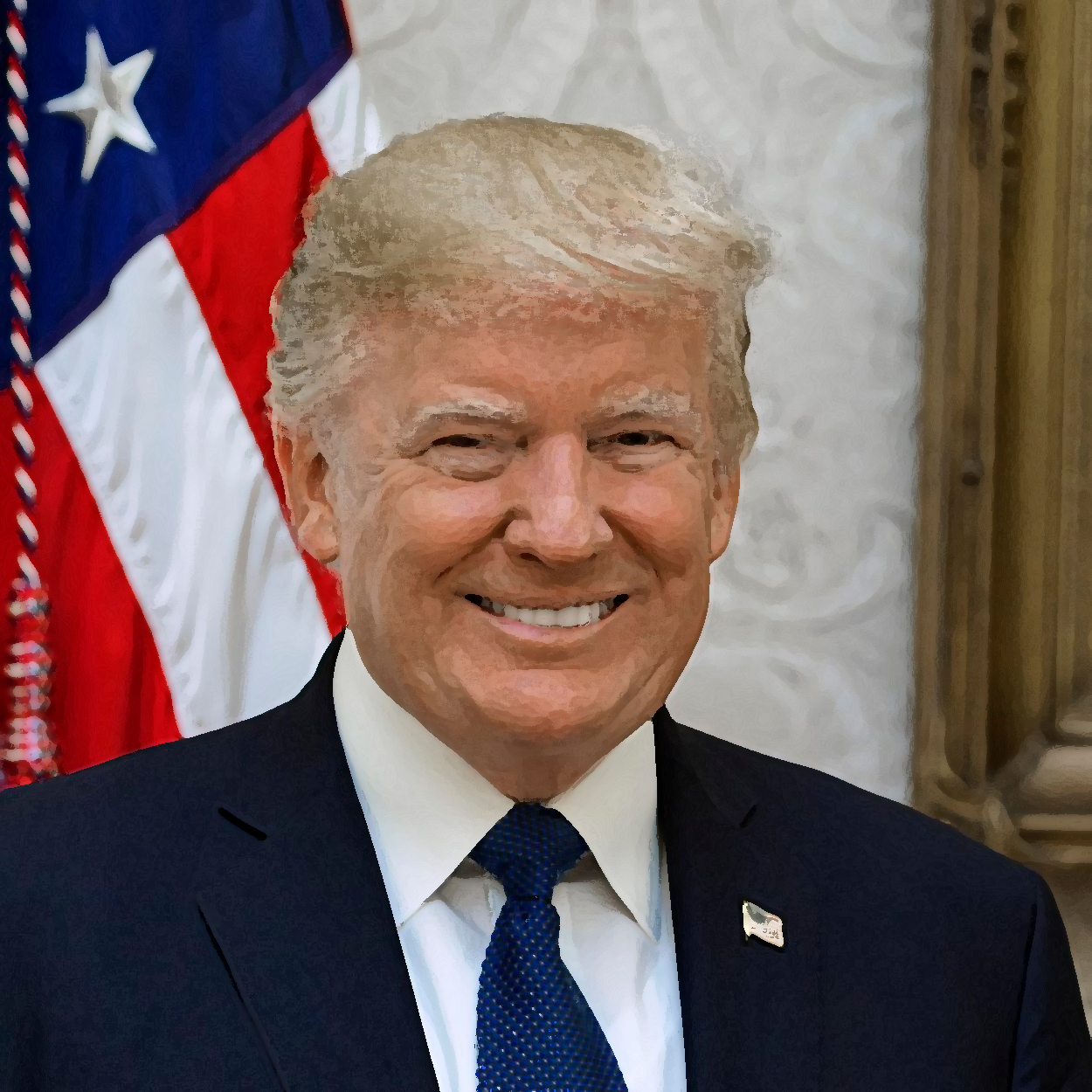I gladly leave it to others to theorize on the causes of the present health and economic crises and their eventual solutions. Here I offer some thoughts on what we might be learning about ourselves, individually and collectively.
Already 250 years ago, French political philosopher Jean-Jacques Rousseau described the modern world, the “developed” world as we say, as a “great machine of pleasure or happiness.” He wasn’t wrong. And the world’s response to COVID reminds us just how complex and fragile is this magnificent machine, the global system of economic growth.
I was grateful recently to be able to order and pay online for a bunch of groceries from a neighborhood market and then to have them brought out to my car outside the store. Like almost all of us, I absolutely need the food and other goods supplied by a vast network of production and transportation. I grow a few tomatoes (from starter plants provided by a nursery) that will adorn my salads in a few months, but other than that I am utterly dependent on a system I barely understand. And what is true of my food supply is true of all my physical needs and wants: I am one minute point in a vast network of production and consumption, a great machine driven by desires and ambitions. Whatever material “self-reliance” I can claim is very, very dependent on this great and increasingly global economic machinery.
So much for my competence to sustain my own body. I like to think that my soul is more self-sufficient, more self-contained than my needy body, embedded in the vast machine. But of course, the machine is fueled by the excitation and dilation of my soul as well, or let us say the diversion of my higher, spiritual capacities towards the same consumption and production that drive the system. A century before Rousseau, English philosopher John Locke located the essence of our humanity in a perpetual “uneasiness”—an ingenious modification of the French religious writer Pascal’s account of human existence without God as a state of “inquietude” or anxiety. Setting aside what Pascal said of the soul’s quest for God, Locke embraced uneasiness or perpetual restlessness as the engine of economic expansion: for an uneasy soul, more is always better. Or, as Jerry Seinfeld once said about obsessive channel-changing, we don’t care what’s on, we just care what else is on. What Pascal described as the mortal plague of “distraction” has now become the essence of a “rising standard of living.” The rise of social media has, of course, greatly stimulated and exploited our spiritual dependency, offering fleeting images of personal communion to fuel our flight from real personal bonds and obligations. There are some things worse than the risk of death and suffering.
Already more than a century before Rousseau, both Francis Bacon and Rene Descartes worked to reconceive the status and function of the human mind and spirit in relation to our temporal, material existence. It is owing to them that we no longer conceive thinking as an extension of moral virtue reaching upwards towards the contemplation of eternity. Bacon’s and Descartes’ modern alternative turned the mind and soul to a collective and programmatic activity—“science”—that promises “the mastery of nature for the relief of the human condition.” To be sure, a key element of this collective program is the liberation of private efforts of material improvement so as to create a globalizing system of growing prosperity and material wellness: “these great machines of pleasure and happiness” that concerned Rousseau. The institutionalization of techno-science and the liberation of markets go together in a project of endless progress towards expanding material comfort, security, and interdependence.
The modern social machine is well-designed to elicit, reproduce, and intensify the motives that drive it ever forward. By contrast, it is not designed to answer the question: where, finally, does this momentum lead us?
This turning of ideas and ideals towards material improvement has produced boundless benefits—who could contest the value of becoming ever more secure and ever more comfortable? We can barely conceive hardships and threats that were taken for granted by our forebears. But these benefits have come at the cost of making us ever more socialized beings (even as we are ever more individualistic, in a sense), ever more dependent on spontaneous systems of cooperation and on state-enforced safety nets. (Could we build a Hoover Dam or a Golden Gate Bridge today—or at what cost in dollars, given our aversion to cost in lives?) Increasingly, our systematic dependency has extended beyond our nominally self-governing nation-states to an interdependent global system.
As the system grows vaster and more effective it can only make us as persons less able, less self-governing, more dependent. Hobbes (Descartes’ English contemporary) was right: putting absolute value on self-preservation and “commodious living” requires erecting a “mortal God”—a material God, in place of the soul’s lodestar. That centers our attention on society/the State (for these are inseparable), and eventually an increasingly dominant “Global Community” (still in search of its fully centralized power).
The benefits of this vast interdependency—inseparably linked with the absolute priority of security and comfort over virtue as intrinsically good and promising some meaningful Eternity—last as long as they last. These benefits in the globalizing system of human and material resources are inseparable from an ever-growing dependency. That is, it’s from the moral and spiritual weakening of the humans involved that the global system connects and drives. The energy and productivity of the system as a whole is driven by the weakening dependency in its individual parts, the undermining of individual self-sufficiency, both material and moral-spiritual.
To take a telling example: Modern material progress has been inseparable from the creation and eventual bursting of financial bubbles. As a structure that can only expand by getting thinner, the whole modern project that binds ideas and ideals to material security and comfort is essentially a bubble. We have to hope it’s possible to let some air out—to slow down the air-pump of compulsive desire and anxiety—and concede some autonomy to the parts, recovering some balance between virtue and progress. But this cannot happen without a realization that there are some things worse than the risk of death and suffering.
Thus, our amazing prosperity and technological sophistication are inseparable from our uneasiness, anxiety, and a dependency that is as much spiritual as material. Just as we can no longer grow our own food or build our own shelters or repair our own cars, we are at risk of forgetting how to govern our own souls under God and thus how to retain (or discover) our own inner peace. Fleeing ever forward, we look to experts and to governments to solve our problems, or at least to make them go away, for now.
As we become more needy and interdependent, we must have ever more faith that someone, somewhere can exert rational control over the vast system in order to continue to enable our restless distraction. If only the managers of the global system would listen to the right experts, we are bound to hope, then surely the mysterious machinery can be kept in motion. A machine without a soul is not sustainable.
In this sense, our modern system of boundless prosperity, our “great machine of pleasure and happiness,” is inherently a bubble; its perpetual expansion is inseparable from its perpetual thinning-out. The dynamism of the expanding system is of a piece from the weakening of each of its cells—the weakening of each of its souls.
Let us hope we have angel enough left in us to find a way to let some air out of the bubble, to trust less in the great machine, rather than demanding more and more expansion and distraction until the vast system bursts. Let us hope that we can understand in time that a machine without a soul is not sustainable.

















